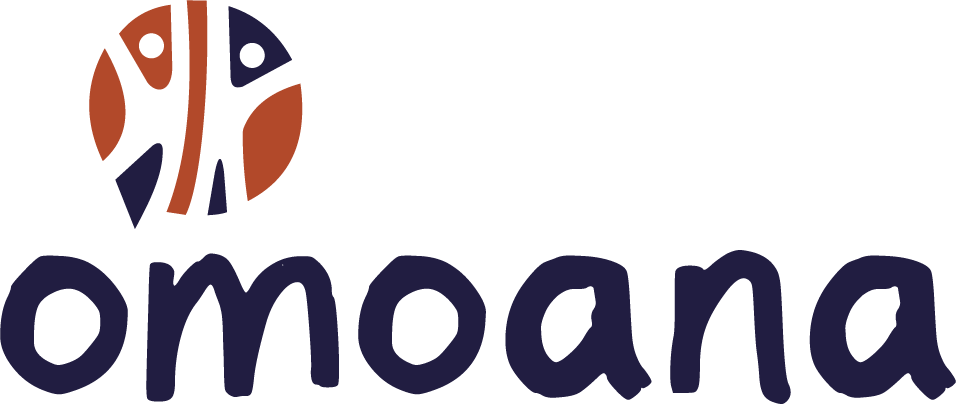Since the beginning of Omoana’s activities in Uganda, I have come across many stories of children, men and women whose strength, hope and suffering have left their mark on me. Whether they are actors in or beneficiaries of Omoana’s work, they have brought to life a commitment that goes beyond fundraising and day-to-day activities, and remains above all human.
Omoana’s beneficiaries include young people, orphans, HIV-positive people and former child soldiers. On many occasions, I have seen their astonished looks at so much suffering. But I was also often surprised by the resources they found within themselves to face up to adversity. Incredible faith in the future enabled our first beneficiary, an orphan and victim of rape in her family, to become a primary school teacher and pass on her knowledge with dynamism and gaiety. I am also thinking of the perseverance of a former child soldier and a teenager who, at a certain stage, was suffering from tuberculosis, meningitis, severe malnutrition and stage 4 AIDS. Both are currently studying and will be joining university in one or two years’ time. These children inspire us. But this is just the beginning. When asked what they want to be, most of them want to become doctors. They will undoubtedly make their contribution to the development of their country, and to humanity as a whole. Who says we don’t have a future Nelson Mandela among our beneficiaries?
Some of these children have not had the opportunity to show the world what they are worth. I can’t help but think fondly of them. They often died in atrocious suffering, which speeches about justice and equal rights cannot describe. I like to think that they have become angels who help us to fight for the rights of their brothers and sisters. But when we remember their deaths, a certain resentment never goes away, the resentment of knowing that today no one should have to die of AIDS or malnutrition. It is negligence above all, at both global and local level, that means these children are leaving us like this. I’m also overcome with sadness, because I can’t forget the screams of grief of their relatives at the sight of the lifeless bodies of these young people.
The efforts of Omoana, its committee, its partners and donors, and the children’s families remain essential to offering them prospects for a sustainable future. Among the 2.7 million orphans, the 130,000 HIV-positive children and the 25,000 former child soldiers in Uganda, there are above all human souls, far more than statistics. Many injustices are taking place, admittedly in faraway lands thousands of kilometres away. But they are happening now, at a time when we are all potentially agents of change. That makes us responsible for making this Earth a place where living doesn’t have to be a privilege. The stories mentioned in this article bear witness to the fact that in this world anything is possible. Fatou Diome wrote “In the scales of globalisation, the head of a child from the Third World weighs less than a hamburger”. It is up to us to change this state of affairs. A sincere thank you to all those involved in Omoana’s work who, through their support, are not giving in to fatalism.
Adrien Genoud


